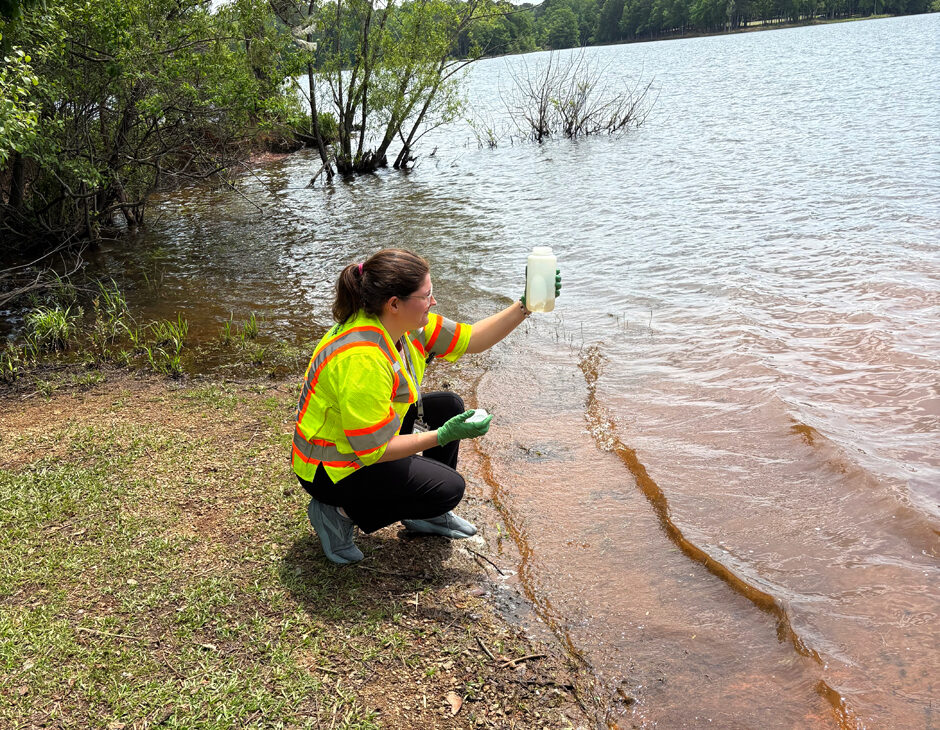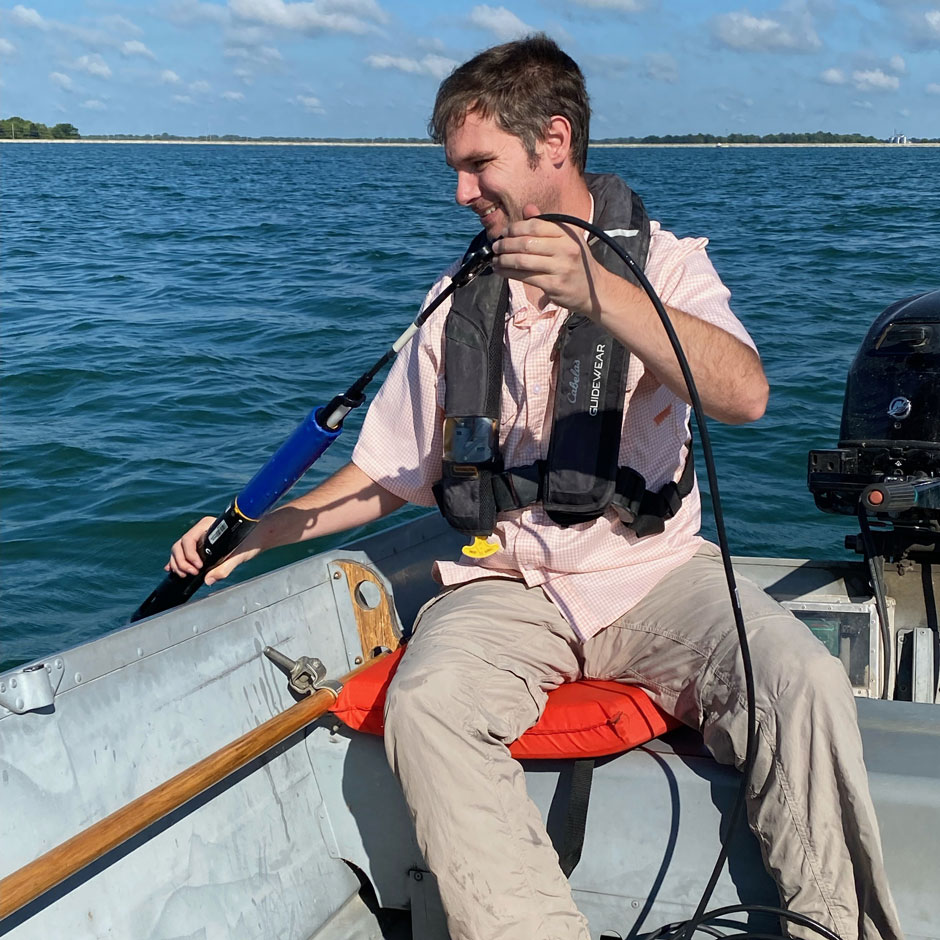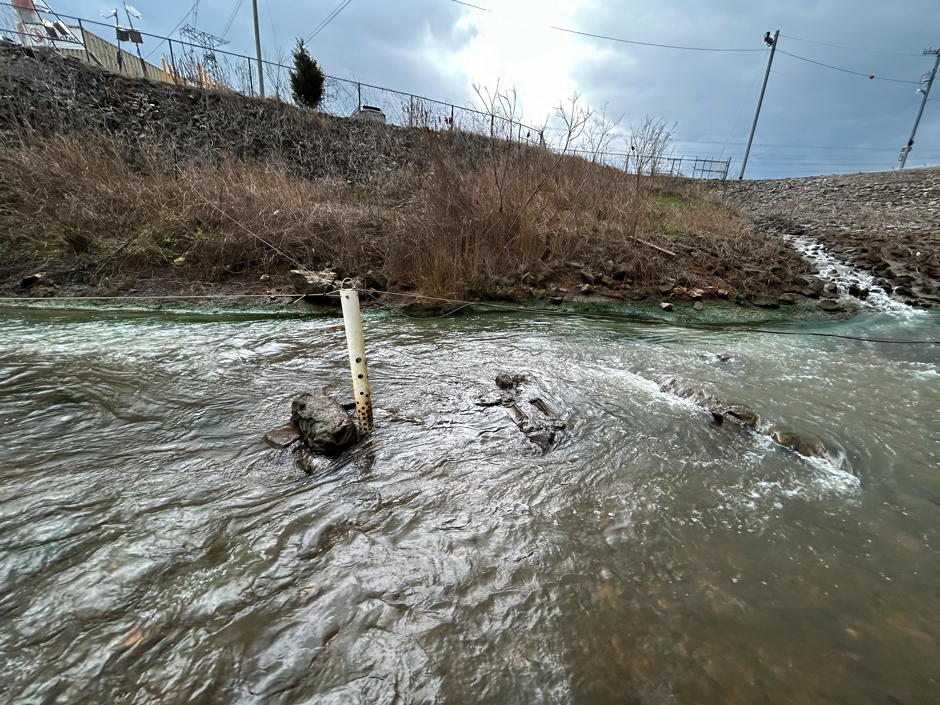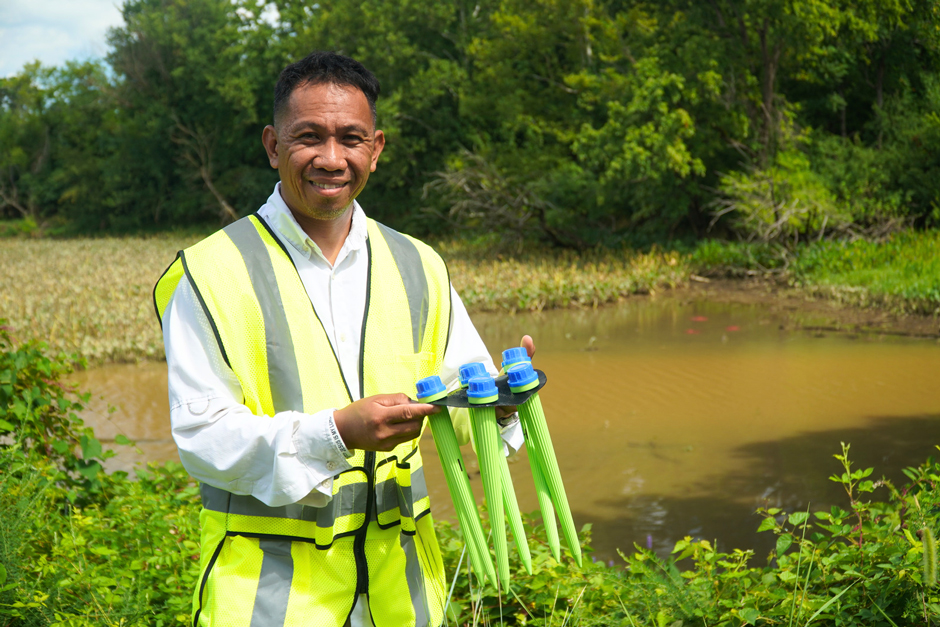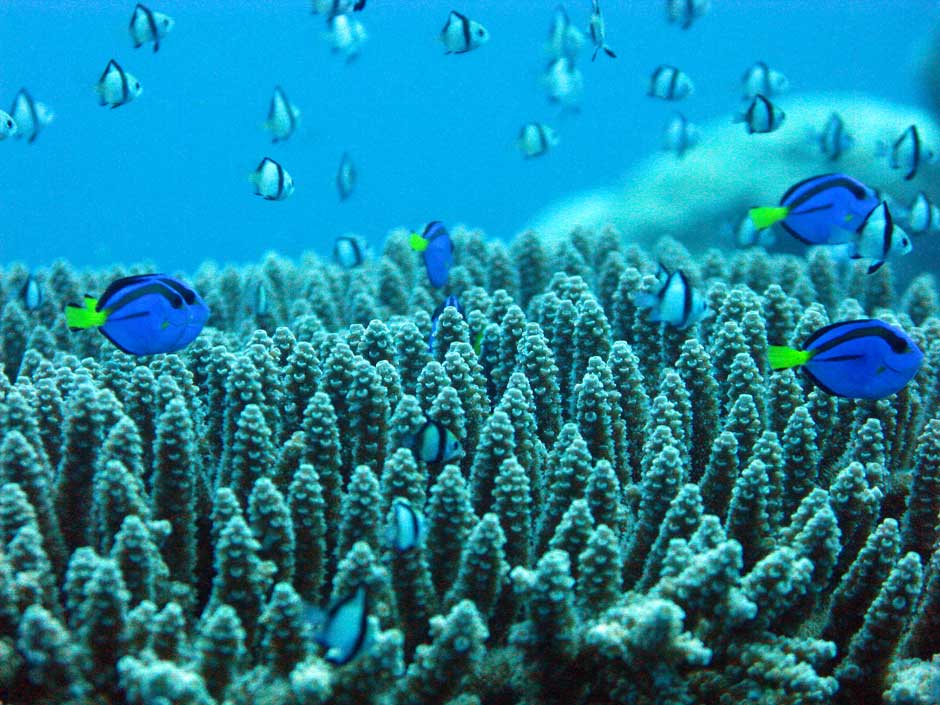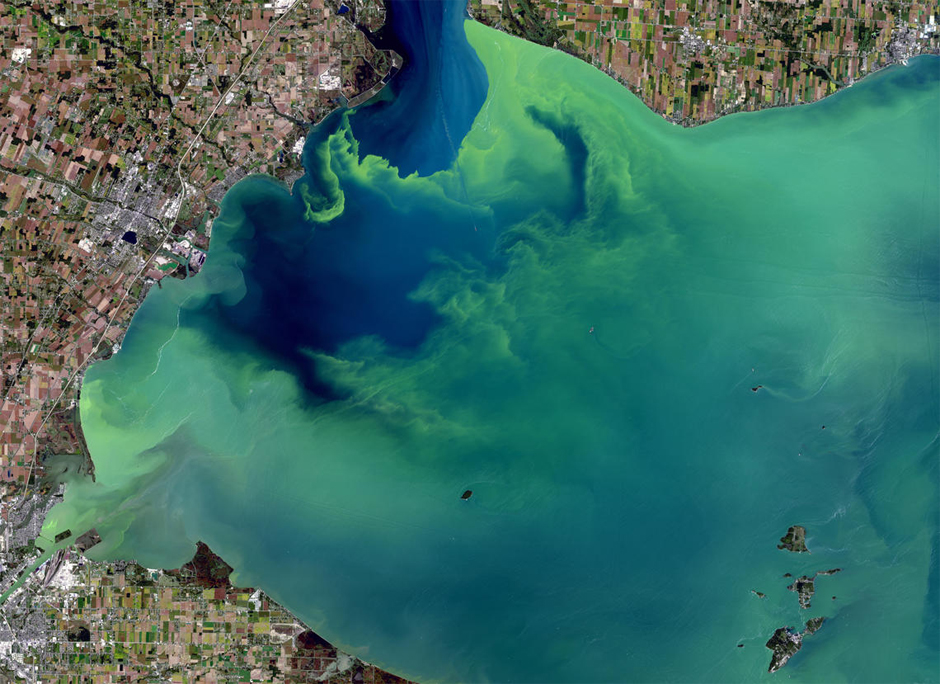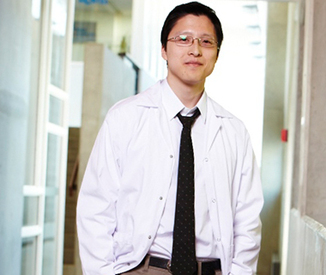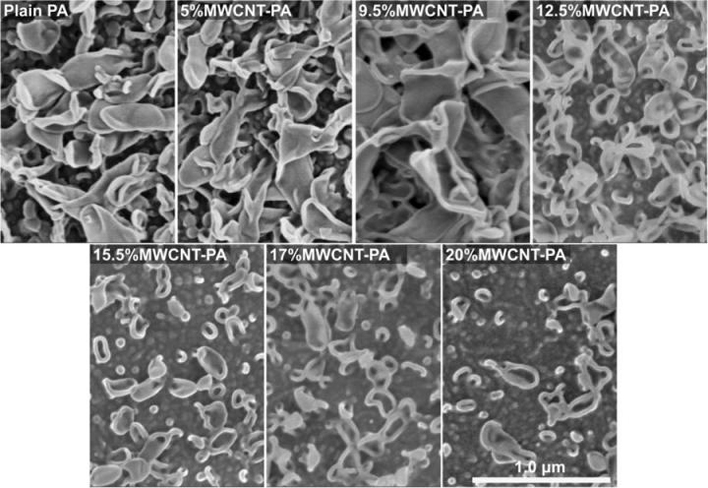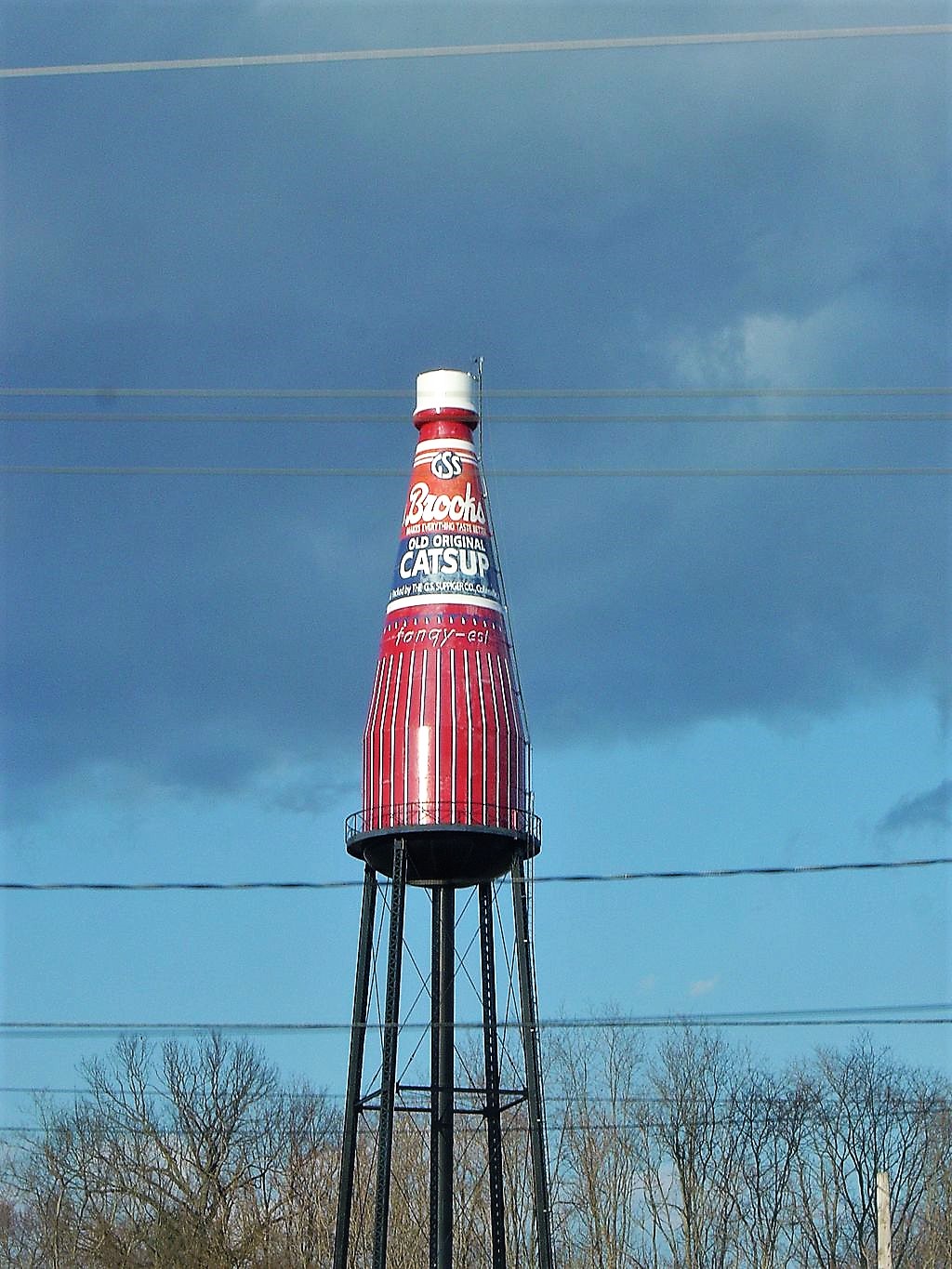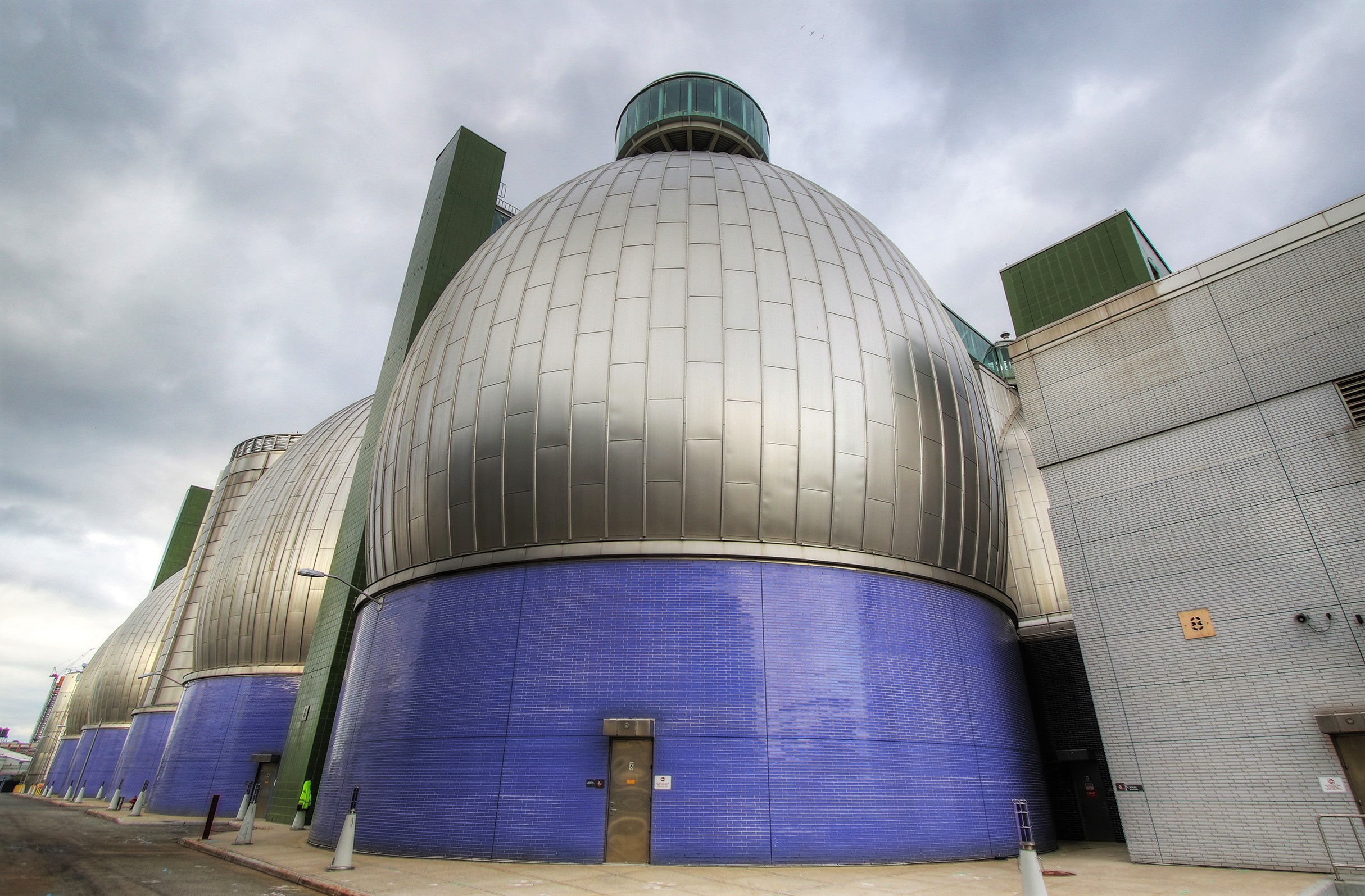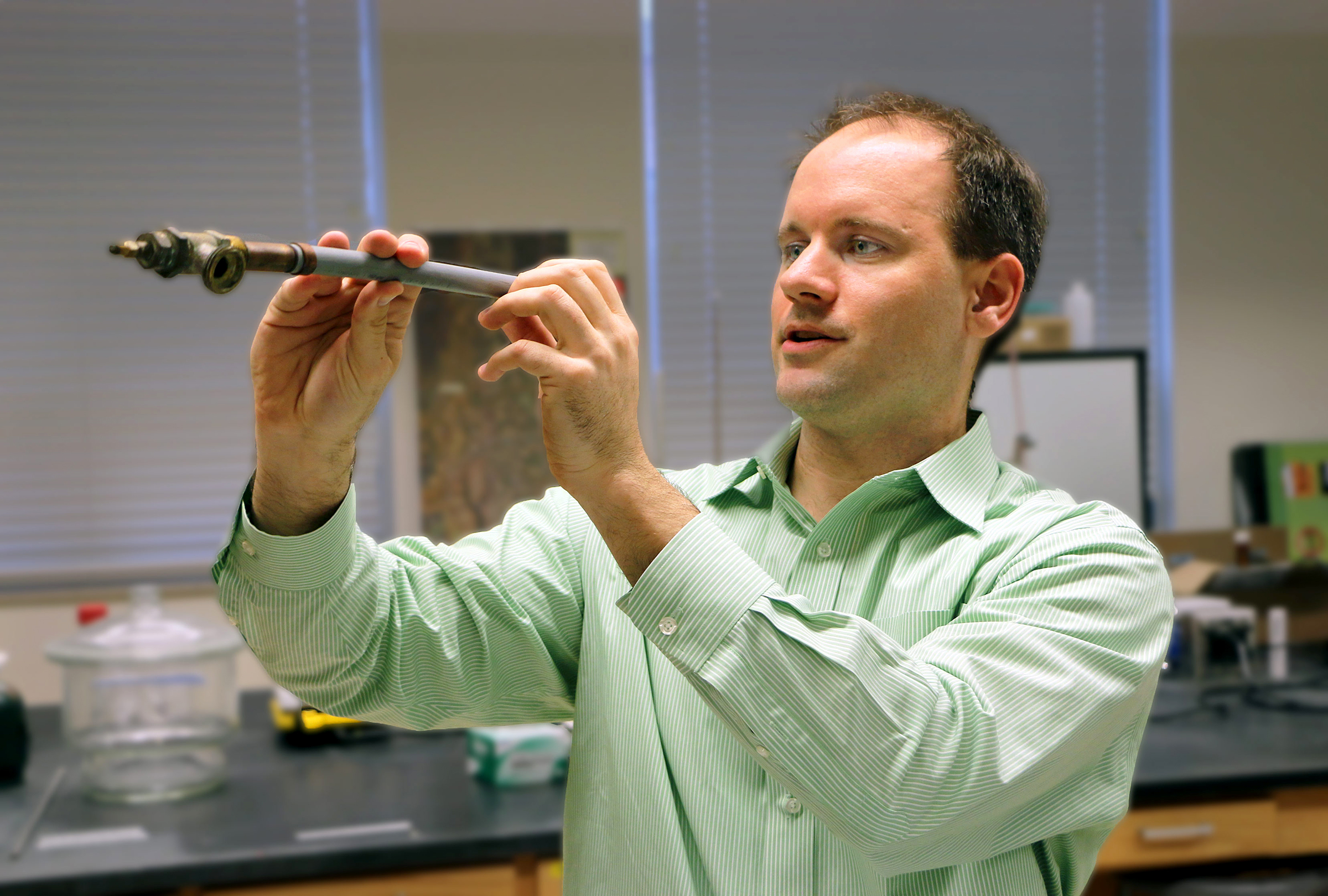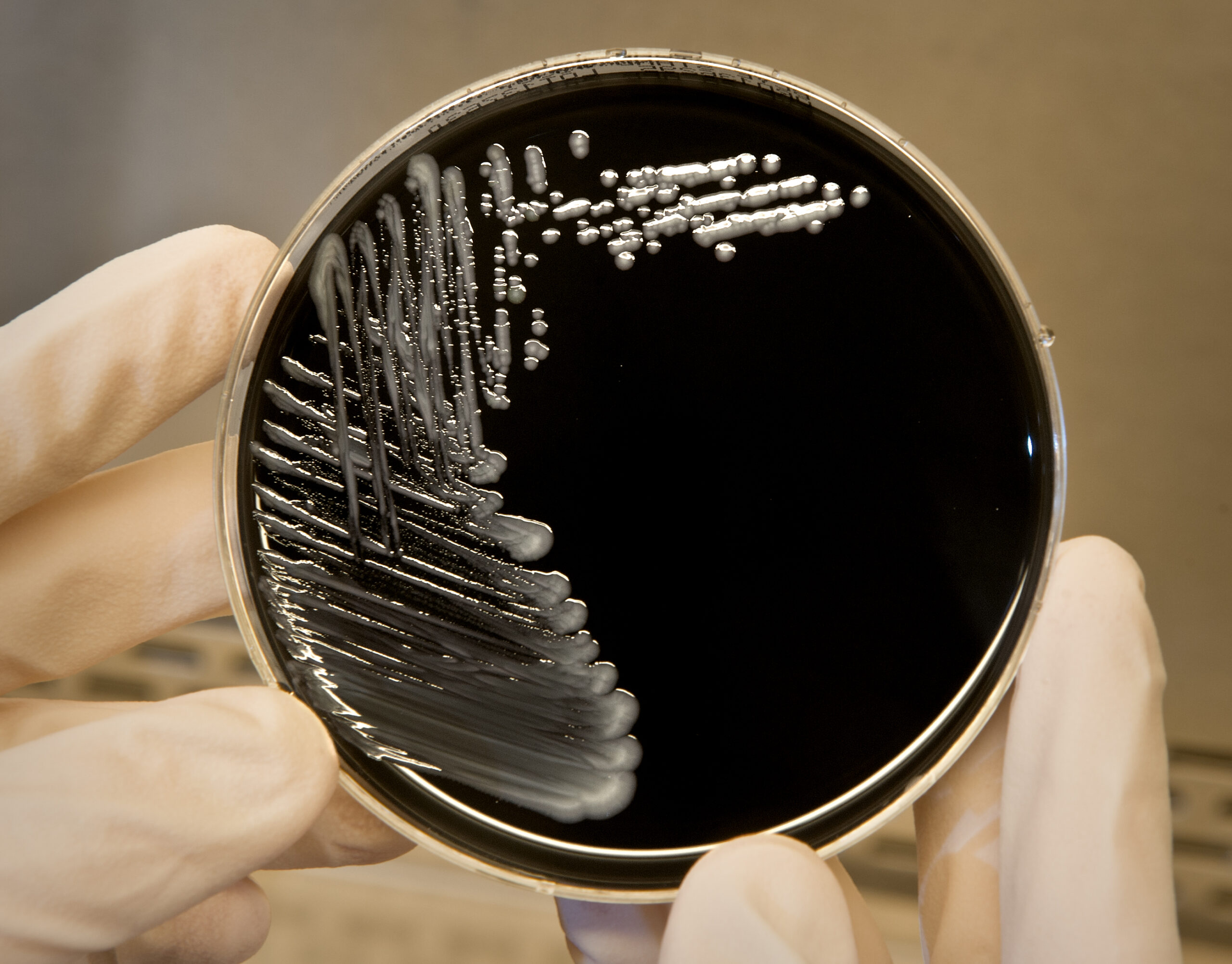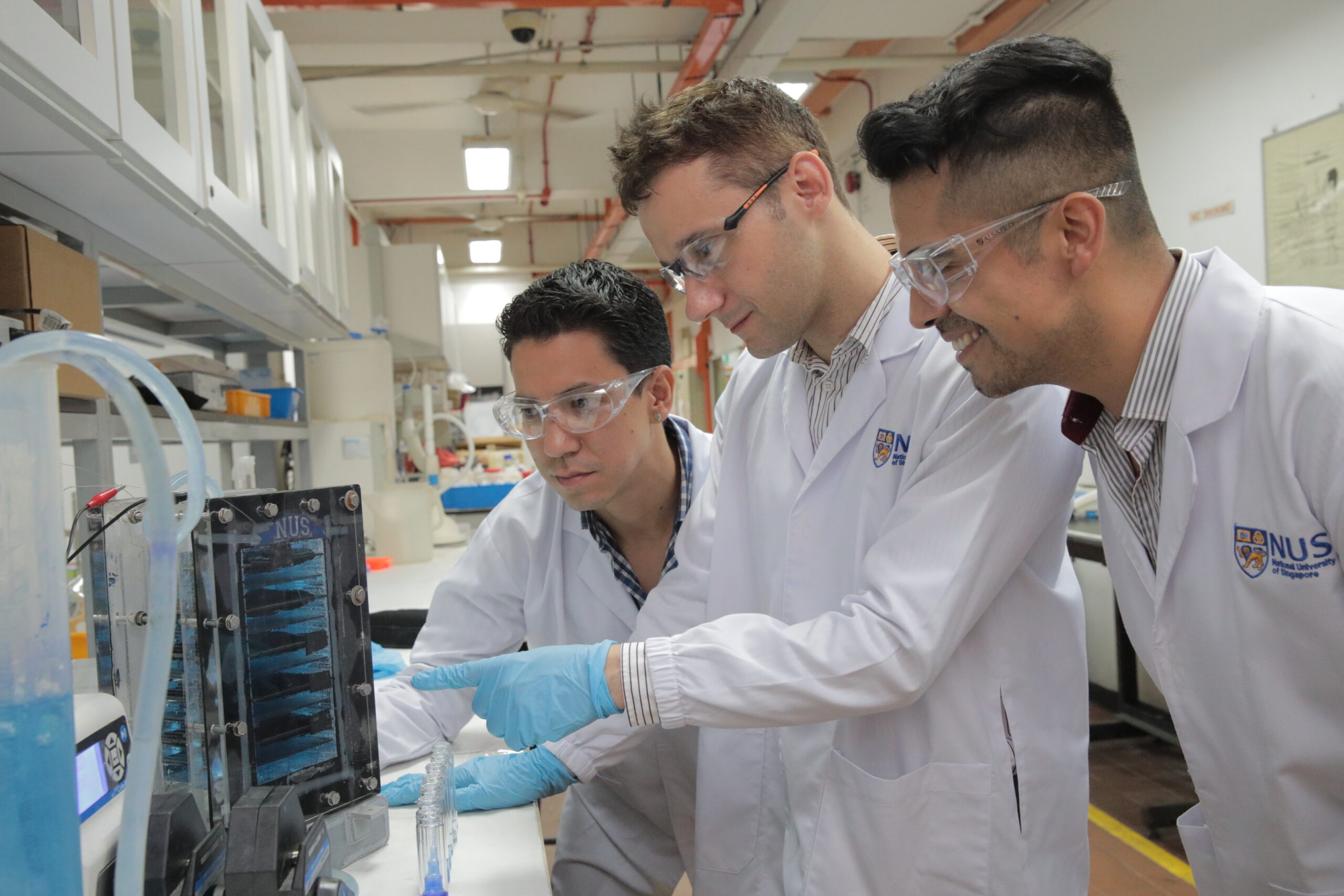Posts for tag "water treatment"
Source Water Monitoring: How Fayette County Finds the Highest Drinking Water Quality
Safe drinking water is vital for public health infrastructure, and providing cost-effective water treatment is a top goal of drinking water utilities. To reduce these costs, counties like Fayette, Georgia, rely on source water monitoring to evaluate...
- Posted November 3, 2025
Reimagining Water Filtration: How Monitoring and Science Enhance FloWater Filtration Systems
Over 50% of Americans think their tap water is unsafe, according to the Environmental Working Group (EWG). Other recent surveys have found that number to be as high as 70% of persons surveyed. Whether due to increased...
- Posted July 2, 2025
From the Tap: Source Water Monitoring for Public Health
In regions with historically secure access to clean drinking water, few think about the work that goes into ensuring that the water they fill their cups with is safe. In reality, millions of dollars are invested in...
- Posted September 18, 2023
Choosing the Right Water Quality Monitoring Systems Is Crucial for Stantec Inc.
Data is king when it comes to water quality monitoring, and Stantec Inc. is committed to providing consistent quality data in real-time.
- Posted September 11, 2023
Redefining Remediation: ecoSPEARS’ Green Solution for a Cleaner Future
An environmental remediation strategy that has the potential to remove PCBs, dioxins, PAHs, DDT and other persistent toxins permanently may sound too good to be true, but recent innovations introduce a solution that removes these chemicals from...
- Posted August 14, 2023
Sewage an Unseen and Ignored Threat to Coral Reefs and Human Health
While focusing on ocean-specific threats to corals, researchers miss a dangerous, world-wide flow of sewage from land.
- Posted November 18, 2020
Could Bacteria Target Algal Microcystin Toxins Released Into Water?
New research into bacteria that naturally degrade microcystins could offer new alternatives for drinking water treatment.
- Posted June 28, 2019
AI May be Monitoring Water Supplies Someday Soon
AI technology developed by researchers from the University of Waterloo is able to detect cyanobacteria in water, identify cell types, and count them.
- Posted October 2, 2018
Carbon Nanotube Technology for Robust Desalination Membranes
A research team has developed robust reverse osmosis membranes using carbon nanotubes and polyamide that resist the rigors of the cleaning process cheaply.
- Posted July 2, 2018
“Untuning” Water and What it Could Mean for Water Treatment
New research into “untuning” the water molecule unpacks some of water’s strangest behaviors, and may lead to new treatment technologies.
- Posted May 9, 2018
Simple, Brilliant Water Quality Fixes From Environmental Engineering
A team of engineers has created multiple simple fixes for water quality problems, from stagnating water tower tanks to treatment of micropollutants.
- Posted April 17, 2018
Study of New York Wastewater Treatment Facilities Offers Nuanced View
Research focusing on New York State wastewater treatment facilities shows that medium-sized facilities are the most effective, highlights future challenges.
- Posted April 16, 2018
Fragile Water Infrastructure, Often On the Verge of Collapse
Researchers are working on interdisciplinary teams to address the challenge of water infrastructure in jeopardy across the country.
- Posted January 12, 2018
CDC: Drinking Water At Fault in Hundreds of Illnesses and 13 Deaths in 2013 and 2014
Recent reports from the CDC identify drinking water quality problems in the US, especially from Legionella.
- Posted December 20, 2017
Electricity as Purification Reagent in New, Low-Energy Wastewater Purification System
Researchers have developed a low-energy wastewater purification system that uses electricity to remove up to 99% of difficult to treat organic compounds.
- Posted December 19, 2017


